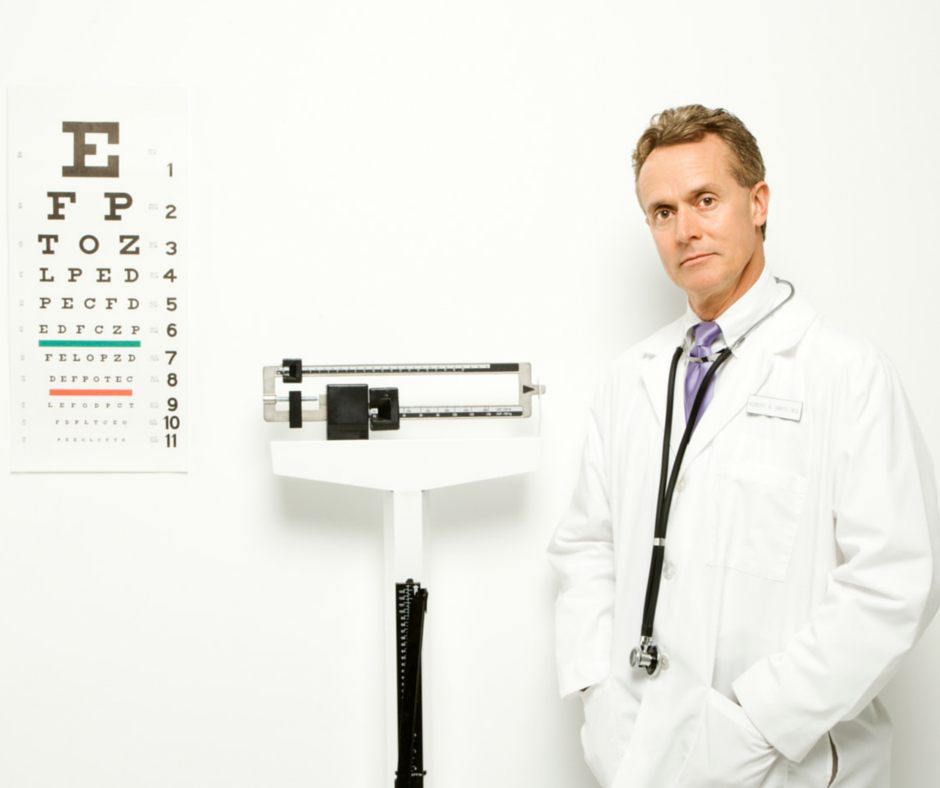When faced with a new technology the first thing that many clinicians ask is how it is going to help (or hurt) them. It is not uncommon nor unreasonable to be wary of something unproven. Here are just a few of the ways automated medical algorithms can help physicians run a more efficient practice, reduce costs, and most important, provide better patient care.
Physicians often feel overwhelmed by the workload of their practice and are looking for a reliable way to offload some tasks.
In the past physicians had an assistant to help, but with cutbacks many tasks fall back on the clinician. They often need to check several sources to find patient results and then they perform calculations by hand or interpret the findings. With automated algorithms operating in the background, data can be collected and compiled into more meaningful ways that can be customized to a physician’s preferences. Rather than wasting time rooting for data doctors can have more time to talk with their patients.
Physicians can be faced with confusing clinical situations and aren’t sure what to do next. They’d like to get a second opinion on a case, but don’t have a anyone to ask.
Having access to large number of relevant algorithms allows data to be looked at in many different ways, often providing new insights. Having a reliable algorithm agree with a physician’s decisions can raise confidence. Similarly contradictory results can alert clinicians to reconsider and check a conclusion more carefully to help prevent errors.
Sometimes patients present with unfamiliar problems or ones that the physician may not have seen for a few years. In these situations, clinicians often refer patients to specialists, even if they don’t really need to.
For some it is just easier or quicker to refer. But this luxury may not be as readily available in the future if referrals are restricted. The availability of relevant algorithms can help to expand a physician’s scope of practice to effectively manage some patients that they might otherwise have referred. Medical algorithms can also help to justify a referral if one is necessary.
Medical algorithms offer the foundation for medical practices to be evidence-based and more standardized.
Selecting algorithms that are evidence-based can be a painless way to improve one’s practice. Consistent use of specific algorithms can help to make decisions less arbitrary and more standardized.
Medical algorithms can help clinicians streamline their practice, to be more efficient, with fewer omissions.
Many denials are related to deficiencies in the medical record (“not documented not done”). Including algorithms in the medical record is an effortless way to provide documentation to support a decision and challenge a denial. Better documentation leads to better reimbursement.
Clinical practice is changing and we need new tools as we evolve under new environmental conditions. With more demands and less time the only answer is to automate manual systems as much as possible. Integrating knowledge with medical algorithms will yield better results for clinicians and improve patient care.


Leave A Comment
You must be logged in to post a comment.
Specify Facebook App ID and Secret in the Super Socializer > Social Login section in the admin panel for Facebook Login to work